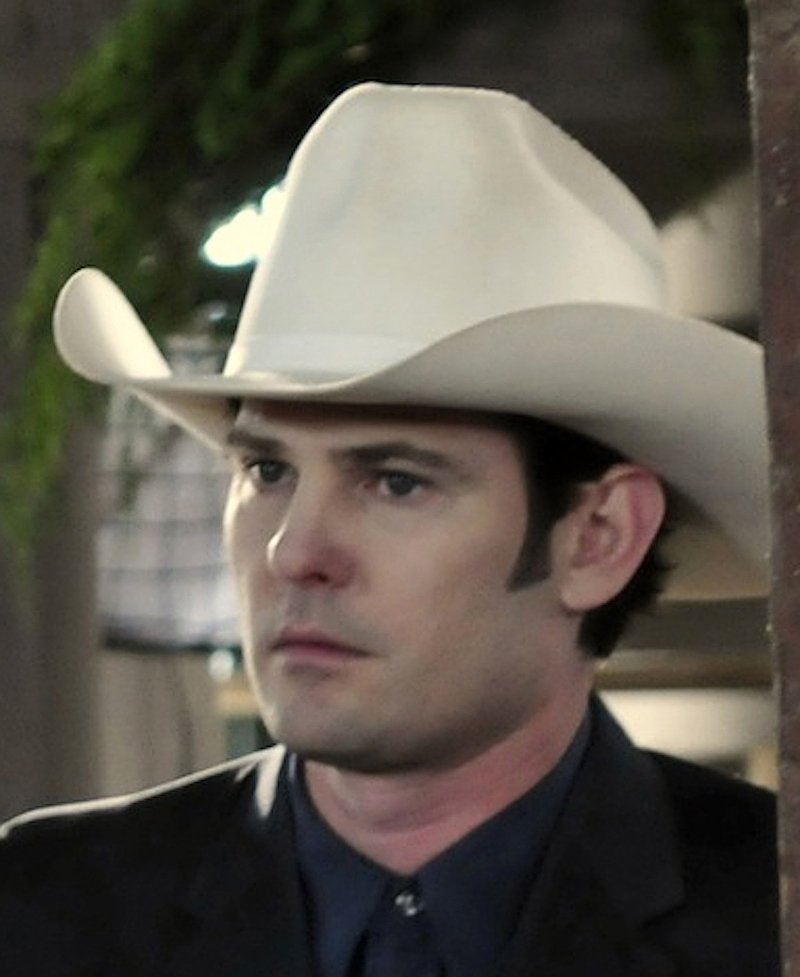With its novel approach and wider-than- usual scope, this riff on Margaret Atwood’s 2008 book-length essay, Payback: Debt and the Shadow Side of Wealth, avoids the traps (chief among them a rote, bullet-point structure) of recent social-problem documentaries. But if there’s value in Payback‘s all-encompassing point of view, it’s a weakness as well. Screenwriter/director Jennifer Baichwal (of 2006’s Manufactured Landscapes) pegs Atwood’s thesis—that debt is as much a philosophical condition as a fiscal one, and that its contemporary context is overbearingly punitive—on case studies like a Canadian career criminal “paying his debt to society” in prison and an Albanian family whose ugly feud with another clan boils indebtedness down to its sticky essence. Other parties weigh in, including econo-activist Raj Patel and disgraced mogul Conrad Black, who, of all people, speaks movingly about incarceration. Atwood appears, of course, to read passages from her book in characteristic deadpan. But drawing on so many sources leaves Payback feeling truncated, even dilettantish; a segment on BP’s 2010 oil spill barely scrapes that eco-nightmare’s surface, while a look at a grassroots farmworker movement in Florida recalls more thorough docs (Eugenio Polgovsky’s 2008 The Inheritors, say). Cinematic globe-trotting doesn’t necessarily trump reading a good book, it turns out; then again, more movies should be burdened with the flaw of being too intellectually curious.
Payback: Margaret Atwood Warns of Environmental Doom








